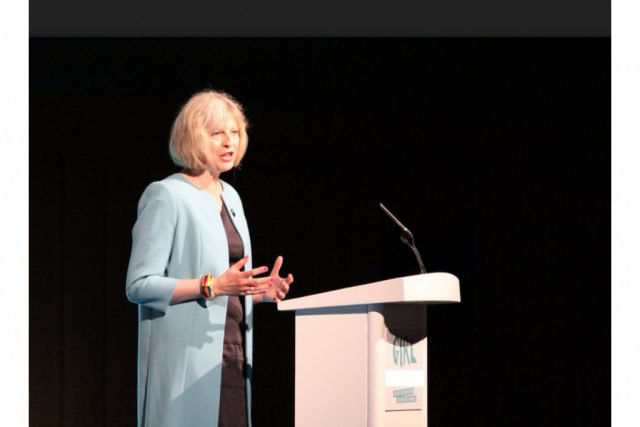Landlords Oppose Licensing Scheme in Weston-Super-Mare
Landlords are joining forces to oppose a new licensing scheme in Weston-super-Mare, which has been created to improve poor quality rental properties in the area.

Landlords Oppose Licensing Scheme in Weston-Super-Mare
The scheme has been slammed for being “short-sighted” and nothing more than another “money-making exercise” at the expense of landlords.
Landlords have spoken out in opposition of the new license, which would cover Central ward and part of Hillside. More than 50 landlords have teamed up to create the Somerset Property Network to campaign against the scheme, which would cost landlords £320 for a five-year license.
The group has also organised a question time event at The Royal Hotel, Weston-super-Mare on 28th July. More details can be found here: https://www.facebook.com/events/899330520178625/
A spokesperson for the group complained that all landlords are being “tarred with the same brush”, saying: “We do not need the council to tell us how to run our business and charge us for the privilege of doing so.
“So we have created this group for competent landlords across Somerset, where we can all get together and unite as one voice. We can also challenge the council as a united stronghold over landlord issues in the future.
“It is so short-sighted to lose landlord support, as the tenant only ends up back through the council doors costing North Somerset money.”
However, Councillor Ap Rees has defended the license, which would carry a minimum standard criteria. Anyone not meeting these standards could be prosecuted.
Rees comments: “We are determined to root out rogue landlords in this area of Weston and we need to be in a position to inspect all rental properties within the selected area. To do that, we have to cover the costs. The basic charge is the cost of the license and the compliance visit.
“We accept that sometimes it isn’t the landlords, it may be the tenants that cause the damage, but the only way to monitor that is to visit the property. Conscientious landlords have nothing to fear.”
Are you opposed to landlord licensing schemes? Join the group in campaigning against these plans.









